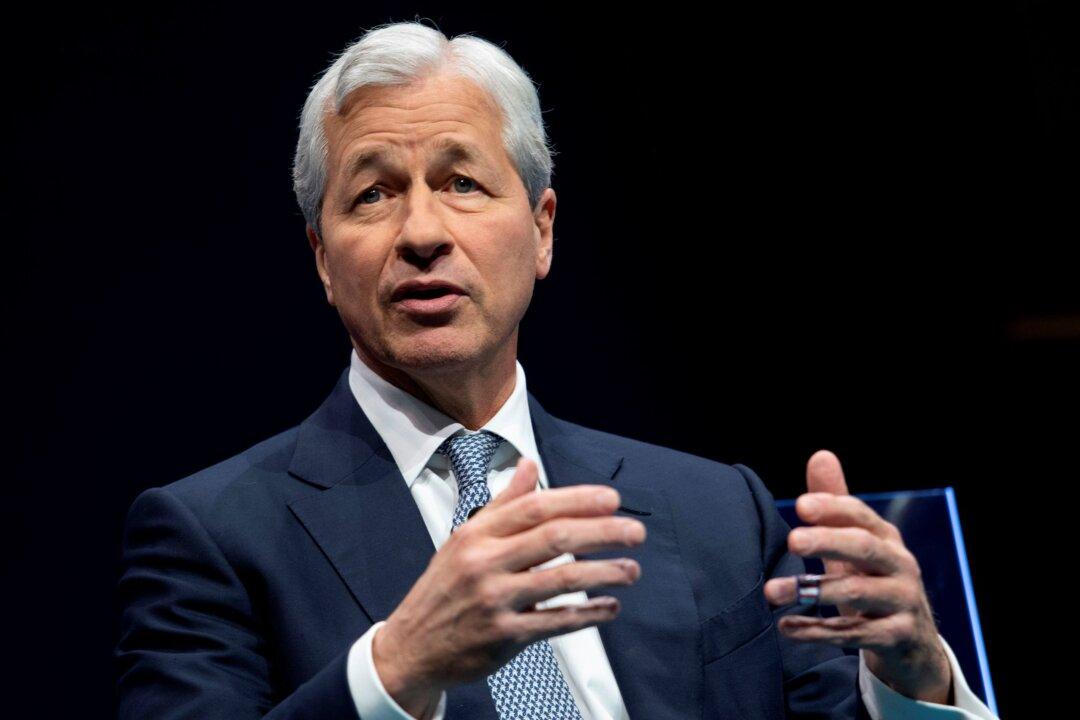Jaime Dimon, the CEO of JPMorgan Chase & Co., suffered a rebuke on May 18 after shareholders voted against a controversial $52.6 million one-time retention bonus, after key investors objected to the bank’s compensation plan for its long-serving chief who has been in charge since 2005.
This is the first time an executive pay package vote has failed to earn shareholder approval since the “say on pay” vote was instituted in 2009.The stock option award was granted to Dimon in 2021 to stay on the job as CEO for at least five more years.
Only 31 percent of shareholders voted in favor of the bank’s pay plans, according to a preliminary count at the annual shareholder meeting.





